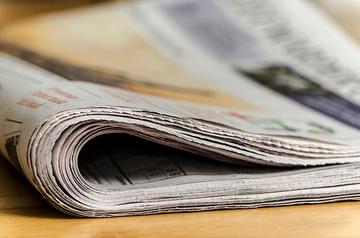
The International Press Institute (IPI) released three documents in mid-July as it started work on a project on defamation laws and press freedom in Europe aimed at raising public awareness about the need of legal reform in this area, as well as at ensuring that European journalists are able to defend their rights more effectively.
The first two documents include an analysis of defamation law in the EU and its relationship to international standards on free expression ("Report on Defamation Law") and a survey of media professionals' views and experience on the effects of defamation law ("Perceptions Survey").
The third document offers a summary of relevant international standards on freedom of expression and defamation, as originally developed and defined by the London-based civil society organisation ARTICLE 19 in a publication back in 2000. IPI's "International Standards" document also presents the results of its research on the positions of leading international legal and intergovernmental bodies on those standards.
The IPI abridged and rearranged the 19 principles originally developed by ARTICLE 19 to conduct a category-based analysis on the 28 EU nations and five official candidate countries. Albania was not included in the survey, as it had not yet been granted official candidate status at the time of the study.
The IPI placed particular focus on the European Court of Human Rights' (ECtHR) viewpoints on those principles, because of its solid experience in adjudicating on matters related to defamation. Other bodies' whose positions on the principles have been reflected in the "International Standards" document include the UN Human Rights Committee, the intergovernmental special rapporteurs on freedom of expression, the Parliamentary Assembly of the Council of Europe, and the US Supreme Court.
This publication has been produced with the assistance of the European Union. The contents of this publication are the sole responsibility of Osservatorio Balcani e Caucaso and its partners and can in no way be taken to reflect the views of the European Union. The project's page: Safety Net for European Journalists.A Transnational Support Network for Media Freedom in Italy and South-east Europe.

 International standards on freedom of expression and defamation
International standards on freedom of expression and defamation 




 All the contents on the Osservatorio Balcani e Caucaso website are distributed with a
All the contents on the Osservatorio Balcani e Caucaso website are distributed with a 